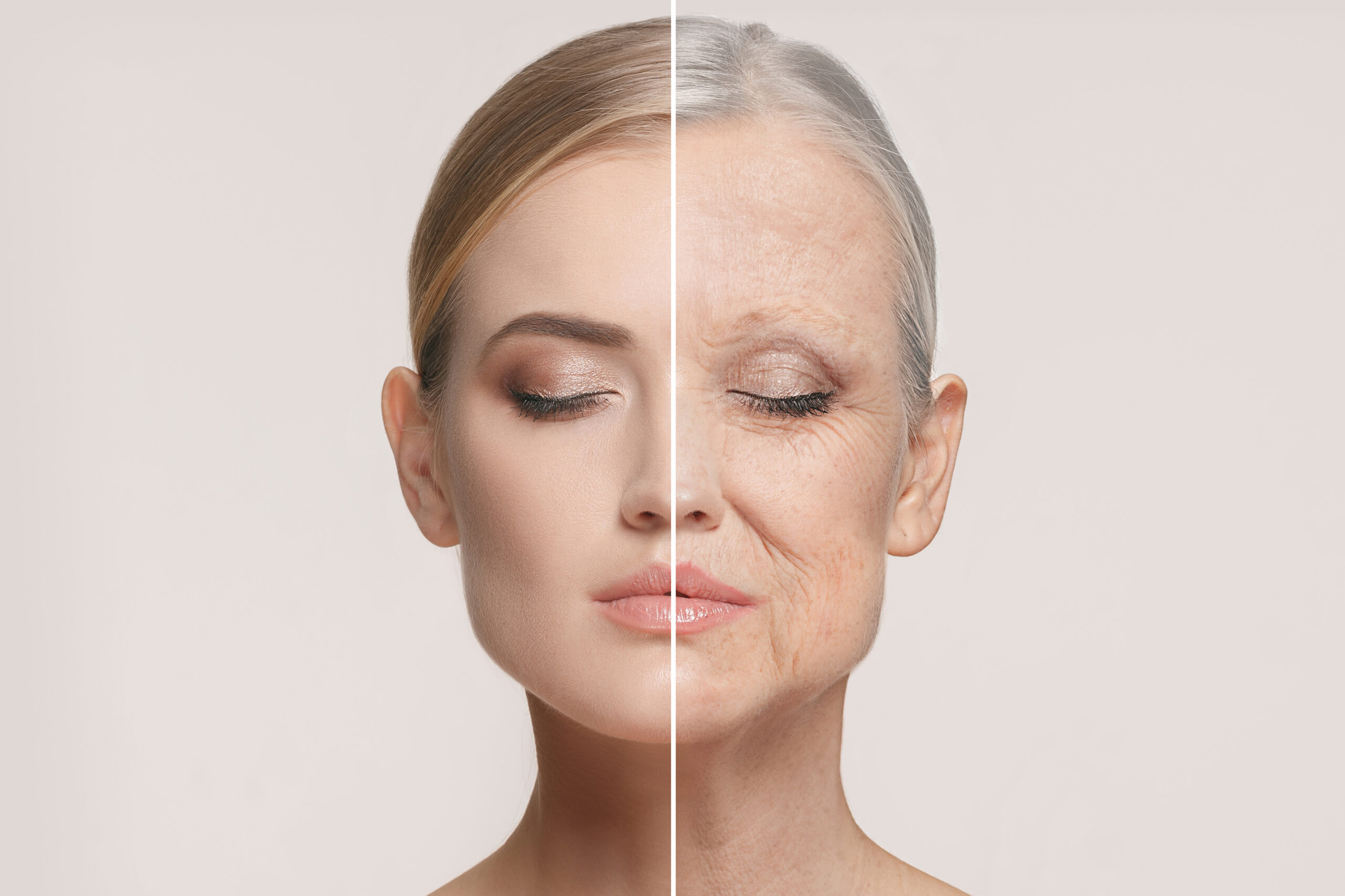Spring is around the corner and as the weather warms, people will be shedding their heavy layers and showing a little more skin. If the dry winter air has left your skin feeling a little flaky or itchy, you are not alone. In addition to gently exfoliating and moisturizing, studies have found that exercise can help keep aging skin looking and feeling younger.
According to a recent New York Times Well blog post, around the age of 40 changes in the skin can lead to wrinkles and sagging. The outer layer of the skin becomes drier, flakier, and denser while the layer of skin beneath the epidermis begins to thin, losing elasticity and cells. Older skin may appear more translucent and less firm.
These natural changes in the skin combined with the effects of sun exposure often show up first on the face, neck, and hands with wrinkles, flakiness, and age spots. But researchers at McMaster University found that exercise could help delay or even reverse signs of aging in older men and women. A study of male and female volunteers between the ages of 20 and 84 found that those over 40 who were active, exercising at a moderate to vigorous pace at least three times a week, had skin close to that of the 20 to 30-year-old study participants.
Even among volunteers who were over 65, regular physical activity was frequently associated with thinner, healthier outer layers of skin and a thicker dermis. When compared with sedentary older adults, those who cycled or jogged twice a week for 30 minutes had skin that looked like that of a much younger person. Researchers saw that levels of myokines in skin samples increased as a result of working muscles. These substances can enter the bloodstream and lead to changes in cells in areas far from the muscles being used in a particular exercise.
While a facial may be a wonderful treat, especially the massage component, getting regular exercise not only helps the body stay strong but may actually help prevent the skin from prematurely aging. Keeping the skin healthy can also help older adults heal more quickly from wounds and protect the body by maintaining a barrier to pathogens and other environmental hazards.






Add Your Voice
0 Comments
Join the Discussion